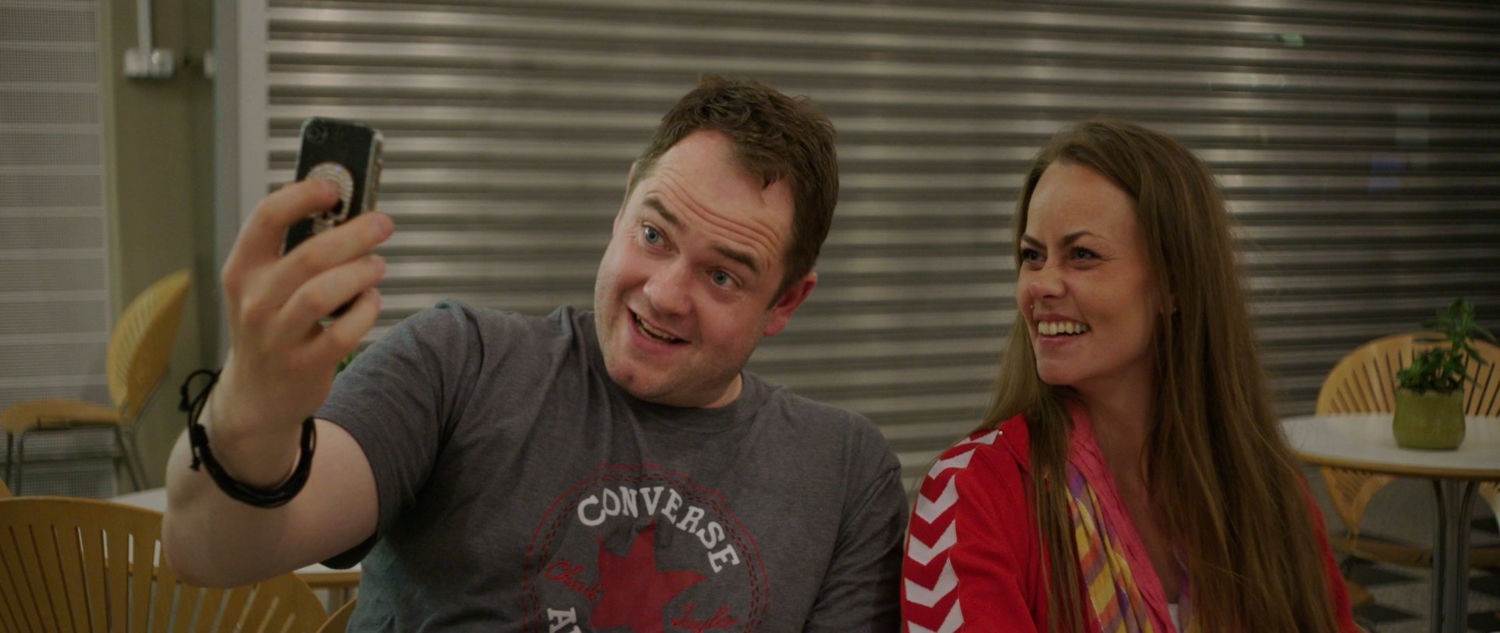TTCFF 2018: THE STRANGER Uses Shocking Reveals and Experimental Storytelling to Stand Above the Pack


Stop me if you’ve heard this one before. A young woman is approached on Facebook by someone claiming to be a potential relative. They strike up a friendship, and this person suggests that the woman should consider dating a cousin of theirs. The woman does so, and after a lengthy online courtship, the pair meet in person. This new guy seems perfect: worldly, rich and handsome, and committed to a young daughter from a previous relationship. However, there’s something just a little off. The two start spending more and more time together, but eventually the facade starts to break down. This new gentleman is not what he seems.
You’ve probably heard variations on this countless times, and the new Danish docu-drama The Stranger holds few surprises for those addicted to true-crime documentaries and podcasts. While there’s a few new wrinkles here and there, until the (rather shocking) scope of the reveal occurs, much of what you’ll see for the first hour or so will seem strikingly – and distressingly – familiar.
What helps The Stranger stand apart is the experimental manner in which they decide to tell this story. Rather than a traditional talking head style documentary, or even a customary re-creation or dramatization of events, the real life details are presented using – for the most part – the actual people involved. This adds some intriguing new elements, as occasionally the filmmakers will break into the scene as it plays out, asking questions of the people who were actually involved in the events.
The only major exception to this is the “stranger” at the center of the story. Casper Kastrupt presents himself to the single mother Amanda Kastrup as a wealthy member of the Augustinos family, and he’s played here by a similar looking actor (Esben Dalgaard Andersen). Director Nicole Nielsen Horanyi has to recreate actual scenes from Amanda’s courtship with Casper, often accompanied with a talking head-style interview with Amanda at the location giving larger context and detail about the events.
While not an entirely novel way of documenting a true story (Abbas Kiarostami’s masterful Close-Up seems an obvious inspiration), it does bring an intimacy to the material that transcends its inherent familiarity. As the lies and deceit at the center begin to pile up, the film makes the wise decision to focus a little heavier on the mental state of Casper, as well as his background. It provides some much needed context to a person whose actions quickly expand well beyond Amanda’s unfortunate experiences.
To tell any more would spoil some surprises, but, needless to say, the familiar story eventually gives way to some unexpected revelations which justify the slow burn exploration of the film’s first half.
The Stranger uses its unique form to overcome the predictability of its first half, though audiences might get a bit antsy waiting for the eventual hammer to fall. Once it does, the film realizes its potential as a gripping, surprising thriller with a hint of sadness at its core – enhanced by a surprisingly affecting epilogue. Very worthwhile.




